Infectious Disease celebrates academic promotions
by Meesha Patel
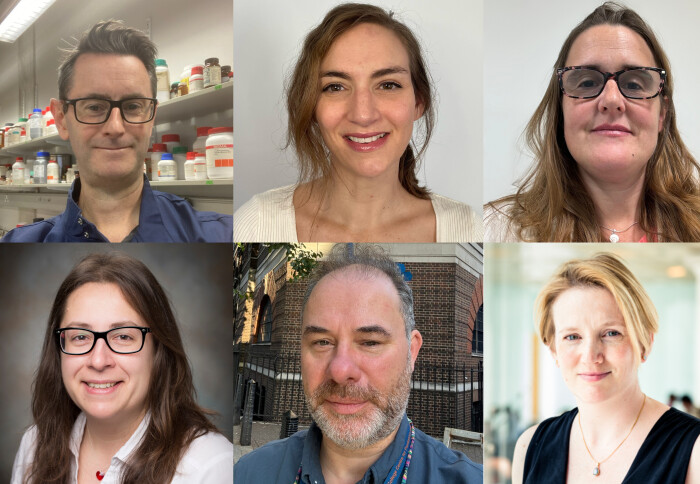
The 2024 round of academic promotions has seen six academics from the Department of Infectious Disease promoted.
Congratulations to Jethro Herberg and Goedele Maertens who have been promoted to Professor. Congratulations also to Andrew Edwards and Margarita Dominguez-Villar who have been promoted to Reader and finally, congratulations to Elizabeth Whittaker who was promoted to Professor or Practice and Rachel Edgar who was promoted to Senior Research Fellow.
We caught up with our newly promoted academics to find out about their research and how they feel about their promotion.
Jethro Herberg – Professor of Paediatric Infectious Disease
 I am a clinical academic and took a roundabout route to my role via a Biochemistry degree in Oxford, an Immunology PhD at the Imperial Cancer Research Fund, and then medicine at UCL. After training in paediatrics, and with an interest in infectious diseases and immunology, I was lucky to find a home for all of these at Imperial College as a Clinical Lecturer in 2008. 16 years later, my appointment as Professor of Paediatric Infectious Disease marks an important personal milestone, and I look forward to inspiring others, as I have been, as I continue my journey.
I am a clinical academic and took a roundabout route to my role via a Biochemistry degree in Oxford, an Immunology PhD at the Imperial Cancer Research Fund, and then medicine at UCL. After training in paediatrics, and with an interest in infectious diseases and immunology, I was lucky to find a home for all of these at Imperial College as a Clinical Lecturer in 2008. 16 years later, my appointment as Professor of Paediatric Infectious Disease marks an important personal milestone, and I look forward to inspiring others, as I have been, as I continue my journey.
At Imperial, I tackle an important question for paediatricians: how can we better diagnose the cause of fever in children? Setting-up clinical studies to recruit children presenting unwell to hospital with fever, I explore how we can develop a new generation of diagnostic tests based on the host response - both gene expression and proteomics. Working in a brilliant multi-disciplinary team including lab scientists, bioinformaticians, clinicians and engineers in the Section of Paediatric Infectious Disease, I am currently putting a 40-transcript host response test through its paces, which tackles multiple difficult diagnoses, including bacterial, viral, TB, and malaria infections, and Kawasaki disease) in a single step.
Goedele Maertens - Professor in Retrovirology
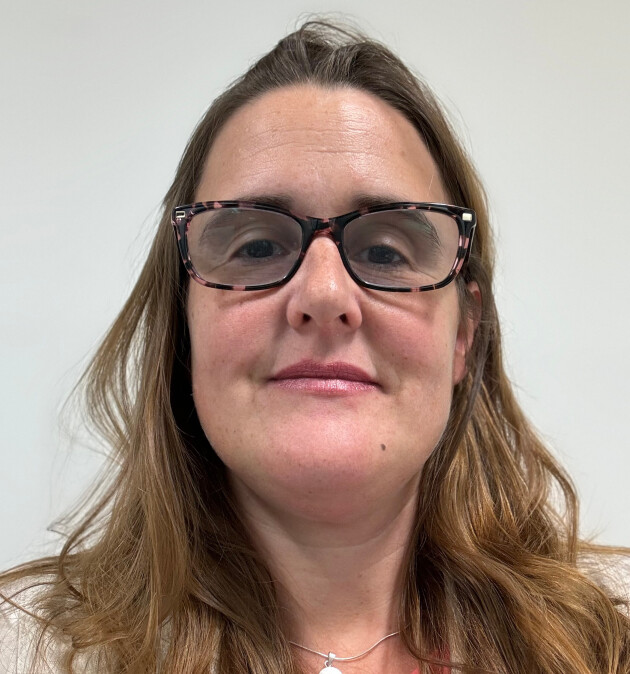
I studied at the Katholieke Universiteit Leuven where I also began my PhD, funded by the Fund for Scientific Research Flanders (FWO) focusing on the diffusion of nuclear proteins and specifically a protein called HIV-1 integrase. Under my supervisor Prof Yves Engelborghs and through collaborations with the Debyser lab, where they studied HIV-1, I first developed an interest in HIV-1 and retroviruses. Midway through my PhD, I moved to the US and continued my research at Harvard Medical School/Dana-Farber Cancer Institute. My two years here were transformative as science was done at a completely different level, it was amazing! After my PhD I changed fields and joined the Cancer Research UK, London Research Institute studying epigenetic regulation of a gene involved in regulating senescence. It was hard moving fields completely, but it was enriching to learn different research techniques. I later joined Imperial as a postdoctoral researcher in Dr Peter Cherepanov’s lab returning to retrovirus research and in 2011, I became a Lecturer at Imperial and decided to focus on human T-cell lymphotropic virus type 1 (HTLV-1), an understudied retrovirus that causes severe and debilitating diseases in humans.
In contrast to HIV-1, much remains unknown about HTLV-1. For example, we don't yet know how the virus chooses where in the genome it will insert viral genetic information. This insertion can influence the gene expression and is likely to determine how long that infected cell will survive and proliferate and possibly become cancerogenic. My lab focuses on understanding this process using a combination of protein-protein interaction studies, biochemistry, structural and computational biology, virology, molecular biology, and microscopy. Additionally, we’ve shown that antiretrovirals used to treat patients living with HIV-1 are effective at blocking HTLV-1 transmission in tissue culture. We aim to explore whether these antiretrovirals can prevent e.g. mother-to-child transmission of HTLV-1 which would be a huge step forward towards eliminating HTLV-1.
I feel amazing, relieved and grateful about my promotion…It has been a long road to get to this stage. I’m immensely grateful for all the support I have received over the past years, from my colleagues in- and outside of Imperial, my team, my friends and family.
Andrew Edwards – Reader in Molecular Microbiology
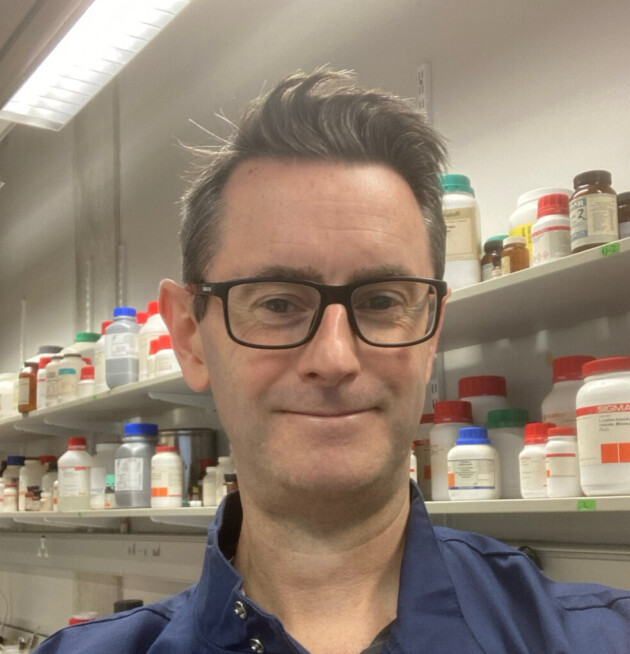
My interest in science was sparked by my Dad, who worked as a chemist at Eli Lilly, and my interest in infectious diseases grew during my A-Levels, when pathogens such as HIV and MRSA were constantly in the news. I pursued this interest by completing a BSc in Medical Microbiology at University College London and then a PhD at the University of Bristol. I then undertook postdoctoral research at the University of Minnesota, Novartis Vaccines (Italy) and the University of Bath. I then Joined Imperial as a lecturer and a member of the MRC Centre for Molecular Bacteriology and Infection, which Prof David Holden FRS had just established.
My research focuses on understanding how antibiotics work, why they sometimes don’t and what we can do to make them work better, particularly in the context of the host environment. Imperial has a range of research addressing the threat posed by antibiotic resistance and I’ve been fortunate to work on several different projects with collaborators across Imperial, including those based in the Departments of Chemistry, Life Sciences, Bioengineering and the local NHS trust. Currently, a major focus is the Gram-negative cell envelope, which is hugely important for antibiotic resistance as it’s very efficient at keeping drugs out of the cell. Therefore, we’re examining how the cell envelope can be disrupted and how we can target the machinery that builds and maintains this essential structure to develop new therapeutics.
I’m delighted to be promoted to Reader and it reflects the enormous support I’ve had from numerous colleagues and students, as well as friends and family, which has helped me to progress my career. I’m really looking forward to continuing to contribute to the department’s activities, especially as it enters a new phase on the South Kensington campus, including a new role as Deputy Head of the Section of Molecular Microbiology.
Margarita Dominguez-Villar – Reader in Immunology
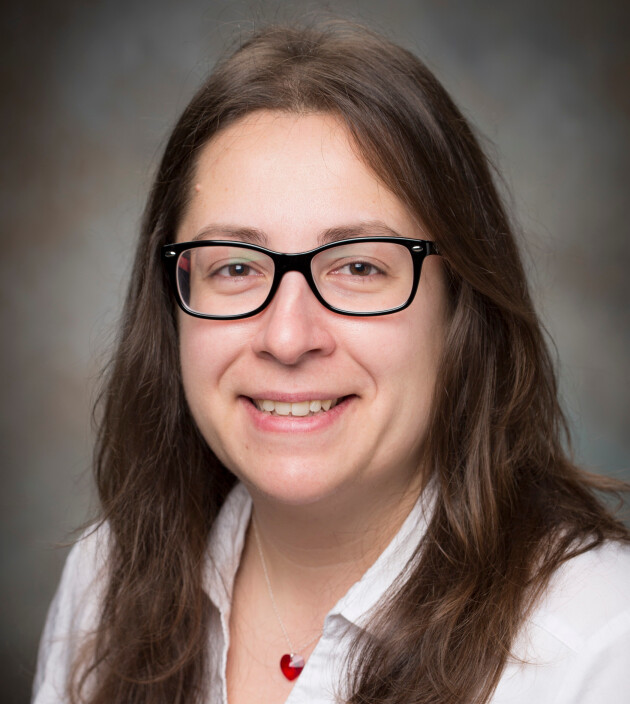
I completed my PhD in Spain at the University of Cadiz, which is where I am originally from. The focus of my PhD. was the regulation of peripheral tolerance mediated by Hepatitis C core protein, and in particular, the role of HCV core protein on T cell function and anergy induction. After a short postdoctoral period at Karolinska Institute (Sweden) with an EMBO fellowship under the supervision of Dr Benedict J. Chambers and Dr. Hans-Gustaf Ljunggren, I joined Dr. David Hafler laboratory at Harvard Medical School in 2009 as a postdoctoral associate to study the biology of human regulatory T cells in health and autoimmune diseases, with a specific focus on multiple sclerosis. In 2010 I moved to Yale University with the rest of Dr. Hafler’s laboratory and in 2015 I was appointed as an Assistant Professor in the Department of Neurology (Yale School of Medicine), where I started my own laboratory. In September 2018 I moved my laboratory to Imperial College London.
My lab has been working on understanding basic molecular mechanisms of T cell and regulatory T cell function/dysfunction in autoimmune and infectious diseases. We are currently working on understanding the mechanisms that control regulatory T cell stability and the role of the innate and adaptive immune system in controlling respiratory viral infections in people with a dysfunctional immune system such as type 1 diabetes and multiple sclerosis.
I am very happy and thankful to all the members of my lab, past and present, because they have greatly contributed to this promotion. I look forward to continuing working with them doing cool science!
Elizabeth Whittaker – Professor of Practice (Paediatric Infectious Disease and Immunology)
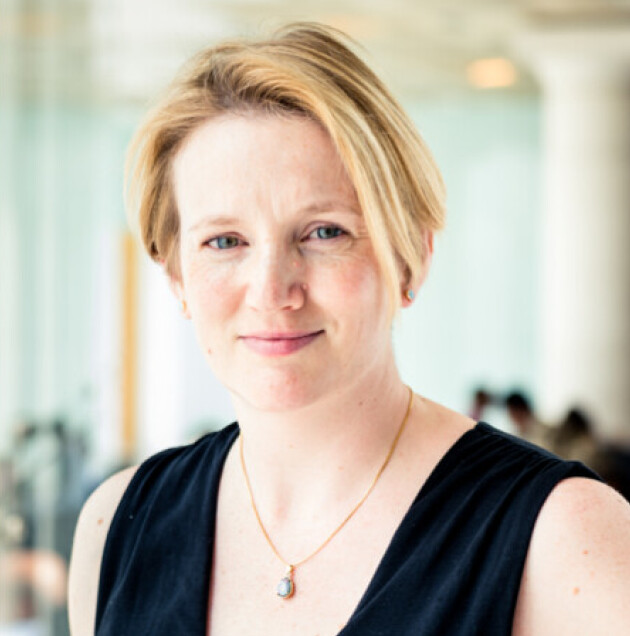
My academic journey started when I was an undergraduate at Trinity College, University of Dublin, Ireland. I had an HRB (Health Research Board Ireland) funded year to do a BSc in Immunology during my medical training, and an HRB funded summer research project. This research, supervised by Professor Luke O’Neil, explored the pathways of NFkB signal transduction, and I won the Bruno Orsi Medal for the best research project.
I completed my medical degree in Ireland and after several years working in Ireland and Australia, moved to London to train in paediatrics. Inspired by colleagues in paediatric infectious diseases at Imperial College London and the NHS Trust, I was one of the first NIHR funded Academic Clinical Fellows in the UK, with dedicated research time in Paediatric Infectious Disease under the supervision of Professor Beate Kampmann. This is where my love of Tuberculosis (TB) immunology started, and I received Wellcome Trust funding for a research training fellowship and completed my PhD between Imperial and the University of Cape Town on the Immune Response to Mycobacteria in Children. I then worked as an NIHR Academic Clinical Lecturer at Imperial, and then a Senior Clinical Lecturer. My research has focussed on the immune response to a variety of pathogens in children, including mycobacteria and CMV. During COVID, my research focussed on the impact of SARS-CoV-2 on children, including the novel post infectious inflammatory response known as Paediatric Inflammatory Multisystem Syndrome (PIMS). More recently I have a broad research portfolio including close collaboration with obstetric colleagues to explore the impact of maternal infection and vaccines on neonatal outcomes and immune responses, as well as how co-infection with viruses impacts on the immune control of TB.
I am very proud and pleased to have been promoted to Professor of Practice and feel that it reflects and recognises the importance of research in children in particular. I hope that it will inspire other women to pursue careers in academia and I take pride in supervising and mentoring a variety of extraordinary trainees in paediatrics who give me confidence that the future of paediatric academia is very bright indeed.
Rachel Edgar - Senior Research Fellow
 I studied Natural Sciences and completed my PhD in herpesvirus biology at the University of Cambridge in 2012. I then gained experience in circadian biology and neuroscience working as a post-doctoral research associate at the University of Cambridge Institute of Metabolic Science, and then as an Investigator Scientist at the MRC Laboratory of Molecular Biology. I was awarded a Royal Society – Wellcome Sir Henry Dale Fellowship and started my research group at Imperial College in late 2017.
I studied Natural Sciences and completed my PhD in herpesvirus biology at the University of Cambridge in 2012. I then gained experience in circadian biology and neuroscience working as a post-doctoral research associate at the University of Cambridge Institute of Metabolic Science, and then as an Investigator Scientist at the MRC Laboratory of Molecular Biology. I was awarded a Royal Society – Wellcome Sir Henry Dale Fellowship and started my research group at Imperial College in late 2017.
My lab investigates fundamental mechanisms of host cell biology, for example circadian rhythms, proteome renewal and ion balance. We then ask how these impact infection susceptibility, immune responses, virus replication and disease transmission. One particular interest is water regulation, and we recently established a new paradigm for how water behaves within cells. In this crowded environment, modest changes in biomolecule abundance or temperature elicit large changes in water availability and energy. Cells must defend against these fluctuations and maintain optimal water balance (homeostasis) over different timescales. We discovered novel mechanisms of water balance that ensure cells survive and thrive, including reversible assembly of fluid intracellular compartmentscalled biomolecular condensates and slower compensatory ion transport. Our research is now focused on how cells use water to communicate and initiate immune responses that combat invading viruses and bacteria, funded by a UKRI Future Leaders Fellowship from January 2025.
As for this promotion, I’m delighted! I’m very grateful to my lab members, colleagues at Imperial and beyond for all their support and encouragement over a difficult few years, and to the Department’s admin team for guiding me through the promotions process – thank you. Special thanks to my family, partner John and newborn baby JoJo, who let me get enough sleep to attend the interview and talk in complete sentences.
Article text (excluding photos or graphics) © Imperial College London.
Photos and graphics subject to third party copyright used with permission or © Imperial College London.
Reporter
Meesha Patel
Faculty of Medicine Centre